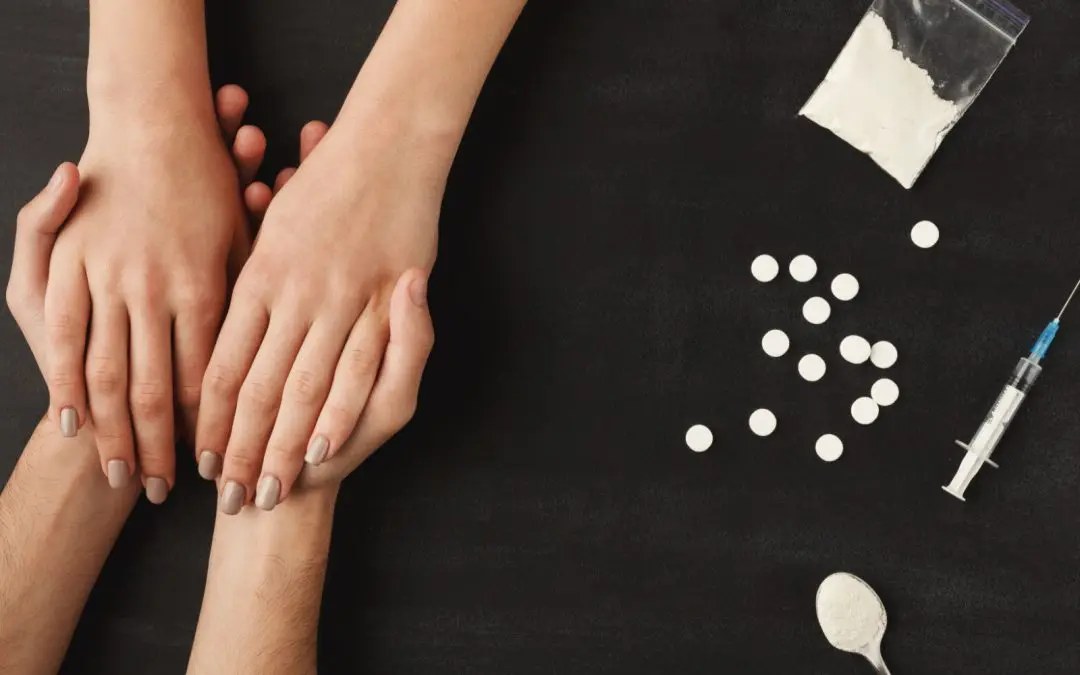24/7 Helpline:
(866) 899-221924/7 Helpline:
(866) 899-2219
Learn more about Heroin Rehab centers in San Juan County

Other Insurance Options

Medical Mutual of Ohio

Lucent

Health Choice

Multiplan

Providence

Choice Care Network

MHNNet Behavioral Health

Humana

United Health Care

CareFirst

BHS | Behavioral Health Systems

Anthem

Magellan Health

Amerigroup

Private insurance

Molina Healthcare

Ceridian

Meritain

Kaiser Permanente

Magellan

Seasons Counseling
Seasons Counseling is an outpatient treatment facility that helps individuals struggling with chemic...








